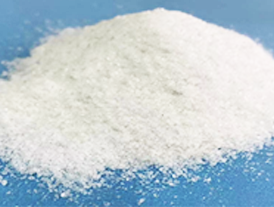
Sodium hexametaphosphate (SHMP), also known as sodium polymetaphosphate, is a versatile inorganic compound commonly used in various industrial and domestic applications. It is a white crystalline powder that is highly soluble in water and is known for its ability to form long chains of phosphate units.
In the food industry, sodium hexametaphosphate is used as a sequestrant, stabilizer, and emulsifying agent. It helps to improve the texture of processed foods, prevent spoilage, and enhance the shelf life of products like dairy products, sausages, seafood, and meat. It also acts as a chelating agent, binding to metal ions and preventing them from catalyzing oxidation reactions that can lead to spoilage.
In water treatment, sodium hexametaphosphate is used as a dispersant and scale inhibitor. It helps to prevent the buildup of scale in boilers and heating systems by preventing the precipitation of calcium and magnesium ions. It also aids in the flocculation process, helping to remove impurities from water.
In the textile industry, sodium hexametaphosphate is used in the dyeing and printing of fabrics, where it helps to fix dyes to the fabric and improve colorfastness. It is also used in the production of glass and ceramics as a flux, which lowers the melting point of the raw materials.
Regarding safety, sodium hexametaphosphate is generally considered safe for use in food products and in household applications. However, it should be handled with care to prevent skin and eye irritation, and it is important to follow safety guidelines and regulations when using this compound in any setting.
For storage, sodium hexametaphosphate should be kept in a cool, dry place to prevent deliquescence. It is important to store it away from moisture and in a well-sealed container to maintain its quality and effectiveness for various applications.
